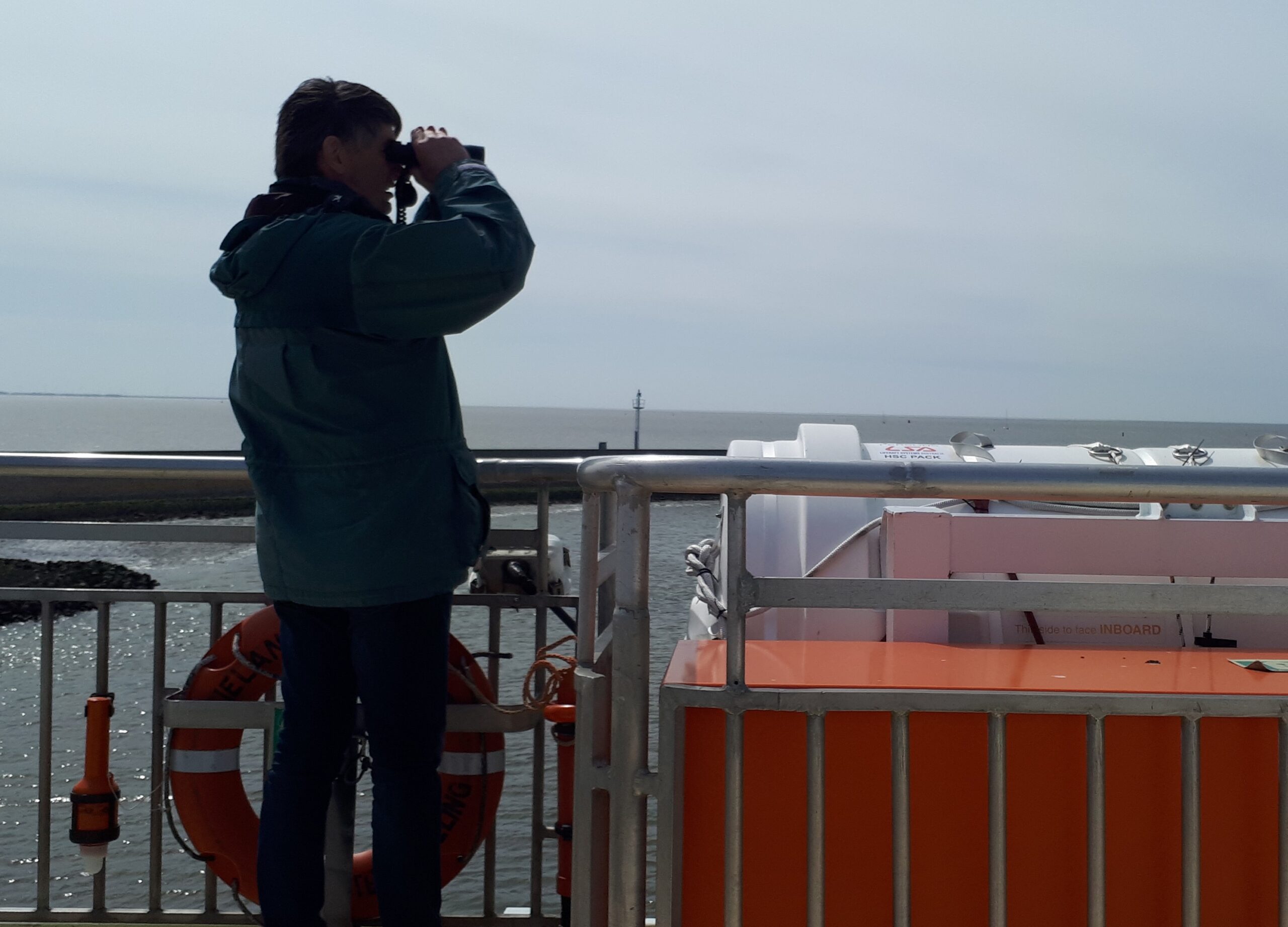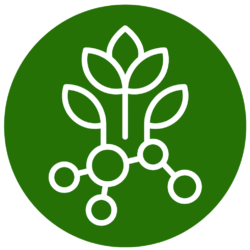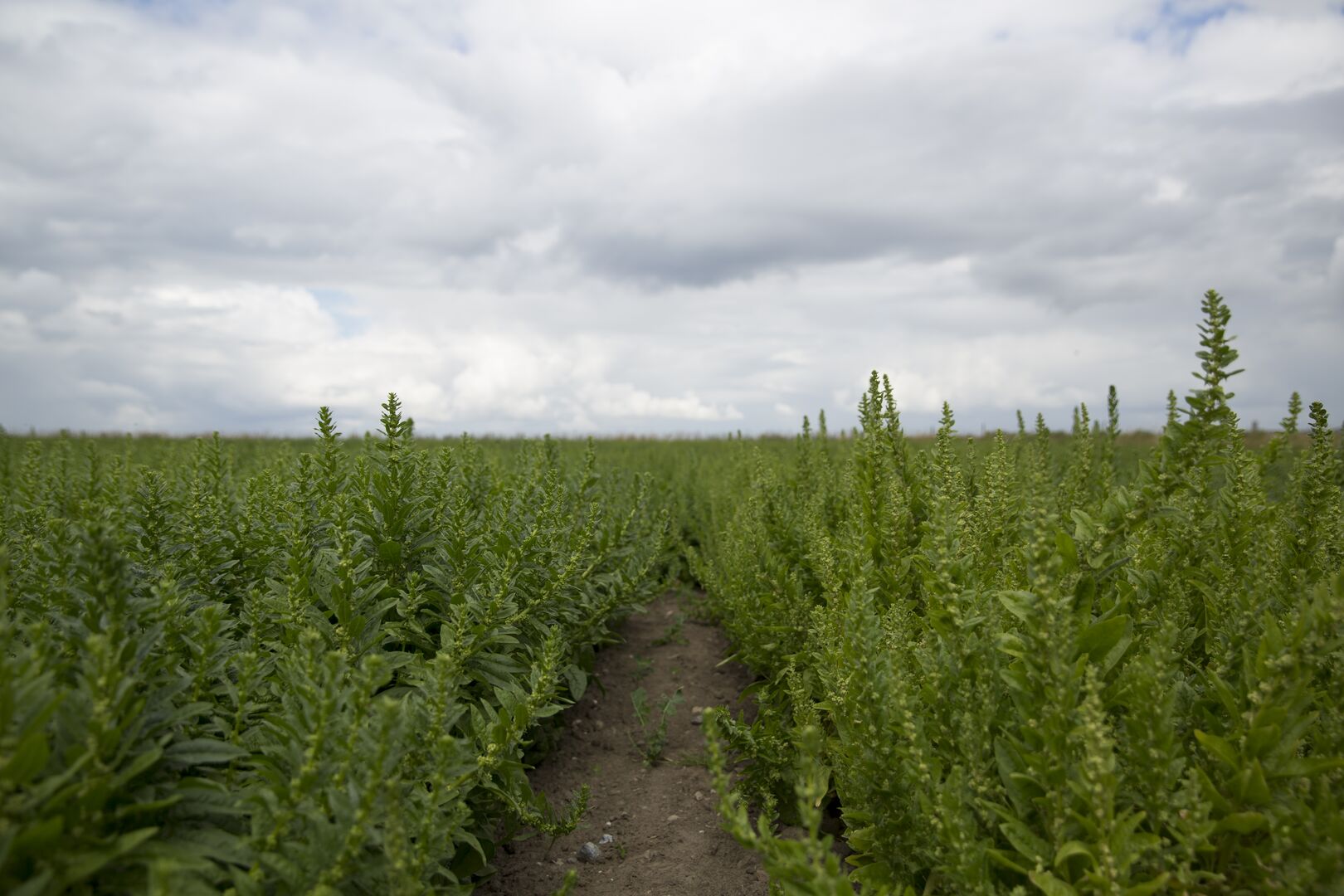In recent decades, seed production companies have continually sought new solutions to the challenges it faces. While these solutions have often been effective, they have not always been conducive to the environment. For breeding company Rijk Zwaan, it is time to start moving away from short term solutions and find sustainable alternatives. Simon Molenaar discusses the decision to explore this within Seedshift and his ambitions for the fieldlab.
Fieldlab Seedshift Steering Committee
Simon Molenaar chairs the Seedshift steering committee. During his 36 years at Rijk Zwaan, he has held various roles. Currently, he serves as project manager production, overseeing the multiplication of seeds developed by Rijk Zwaan. He also acts as the business manager for the Tanzania branch. Within Seedshift, Simon aims to find solutions to improve the environmental impact.
 “Rijk Zwaan has long aimed for cleaner cultivation practices. We are not alone in this ambition; the entire industry is engaged in it. Hence, we saw it as a promising idea to pool our resources. Furthermore, this issue isn’t directly related to breeding and selling seeds, making collaboration a natural step.”
“Rijk Zwaan has long aimed for cleaner cultivation practices. We are not alone in this ambition; the entire industry is engaged in it. Hence, we saw it as a promising idea to pool our resources. Furthermore, this issue isn’t directly related to breeding and selling seeds, making collaboration a natural step.”
The initiative for Seedshift came from Rijk Zwaan and was embraced by the other parties soon. Why did they opt for innovation within a fieldlab? Simon explains: “A fieldlab provides an excellent platform to bring together a group of companies. Ordinarily, we are competitors, but here, we are sharing our knowledge with each other and the world. A fieldlab is ideal for this form of open innovation. In addition, working with an external, neutral party with no vested interest in our activities, means it’s easier to make meaningful agreements.”
Talk less, do more
With Seedshift, Simon hopes to collectively find solutions in three main areas: herbicide-free seed production, healthy soils, and improved fertilization practices. He elaborates: “Currently, we rely on chemicals both for soil nutrition and disease control. I hope that within three to seven years, we will have found solutions together. For instance, by using pesticides more selectively rather than blanket application across fields. Or by harnessing nature’s own solutions, which are often readily available. That would be amazing.”
Collaborative proposals have been drafted for these three focus areas. Although not finalized, initial experiments are already underway. Simon says: “In this industry, we are all about action. Discussion is important, but we were keen to start practical work. We are launching various experiments in the Netherlands, Denmark, France, and Italy.”
Open to knowledge
While the outcomes of these experiments remain uncertain, the ambition to prepare the industry for the future is unwavering. Simon asserts: “We’re facing challenges like climate change, increasing regulatory pressure and salinization of soils. These challenges are only growing. There is an immense drive to do better. Rijk Zwaan, along with the other organizations involved in Seedshift, aims to ensure a healthy food production system. Through open innovation in the fieldlab, we hope to find the best possible solutions.”
A crucial aspect of open innovation is inclusivity. Simon warmly invites other organizations to join Seedshift. He concludes: “Are you a university conducting research on healthy soils, natural pesticides, or fertilization? Join us. Are you a machinery manufacturer with a solution to reduce the use of herbicides? Get in touch. We welcome all forms of contribution. If you want to be part of it, we’d be delighted to have you.”
We thank Simon for sharing his insights about open innovation within the seed industry. For further information on Seedshift, please contact David de Witt (david@hellonewday.nl) and follow us on LinkedIn: Fieldlab Seedshift.

